
People love classical music and football, Homer and Dante, Shakespeare and Indy car racing, because they are alive. Even, they spark life.
We recognize in the passionate exploits of athletics, art and literature, an interior reality suddenly expressed and made present before us. I could never tire of reading and teaching the great poets because they continue to speak to us. From the past these great works speak to us, transforming our present.
But for those who get lost in the ephemeral concepts of these works of art, those who find great harmonies uninteresting or don’t understand the logic of the game, difficulty ensues in understanding. The great pleasure is lost. The art and sport fail to speak. As the Italian philosopher and priest Luigi Giussani puts it, “There must be correspondence if there is to be understanding.”
This is true not only for art and sport and music and poetry. It is true for the Church.
All too often the failure of catechizing and cultivating the natural religious sense of the human person leads to distance and apathy of the Church. Giussani argues,
All too easily, the absence of education in the natural religious sense makes us feel that those realities, which are really rooted in our own flesh and our own spirit, are far removed from us, whereas on the contrary, the liveliness of the presence of the religious spirit makes the terms of a reality such as the Church more easily understood.
Human beings will worship something. From the depths of our hearts we long to belong to something higher, to be called out of ourselves to communion.
When the education of the religious sense is impaired, people begin to worship things other than God. How often has it been said that families who prioritize sports on Sunday mornings rather than Mass and catechesis are fostering something gravely detrimental in the core of their family life? Men and women will offer devotion to something. If it’s not God, it will be politics, Netflix, a career, money, leisure…
The Church is a reality put before us to sustain us, to fulfill us. According to the plan of the Father, Jesus instituted the Church because he knew we needed it. The Fathers of the Second Vatican Council teach that God the Father, “Planned to assemble in the holy Church all those who would believe in Christ. Already from the beginning of the world the foreshadowing of the Church took place” (Lumen Gentium, 2).
The Lord, knowing our hearts even better than we do, established the Church to guide us in the way of truth and so shape and satisfy our deepest longings.
The Church, at once visible and invisible, a historical and also transcendent reality, is the instrument of our salvation. The Church will guide and nurture our fundamental religiosity, that instinct we have to worship which springs forth from our very humanity.
The formation of our children then is so important. I hold fast to memories of my parish life as a child. The annual Holy Thursday procession, Sunday night Eucharistic Adoration, my father’s dedication to our parish choir, my mother taking us to wash windows and distribute food to the poor. My parents trained me to love the Church, to recognize that the desire I had to reach out beyond myself could and would be fulfilled by membership in the Body of Christ.
This is not saccharine nostalgia. These are the joys I retain of having been rescued in my youth from modernity’s prison of self. The convert shares the same memories.
The challenge of our day is to reveal what the Church really is.
We cannot be ashamed to be believers. With news of this or that cleric who has failed to exemplify virtuous Christian living, he must be corrected. As Jesus lays out in the Gospel, “If your brother sins against you, go and tell him his fault…” (Matt. 18:15).
The Prophet Ezekiel testifies to the Lord’s protection of Israel. The prophet has written, “Thus says the LORD: You, son of man, I have appointed watchman for the house of Israel” (Ez. 33:7). The Lord will not abandon the Church. He cannot. He has founded the Church and his promise to send shepherds, to send watchmen will endure.
Each of us will contribute to the building up of the Church. We must be faithful to the great commandment. We must truly love our neighbor. Our proclamation of the truths of the moral life will ring hollow if not exemplified in the charity of our own deeds. Each soul has a role to play, because each is a member.
For those who do not understand what the Church is, for those whose understanding lacks correspondence, charity, indeed perhaps even charity alone, will traverse the chasm of misconception.
It is not someone else’s work. It is our work. This is the work of each and every believer.
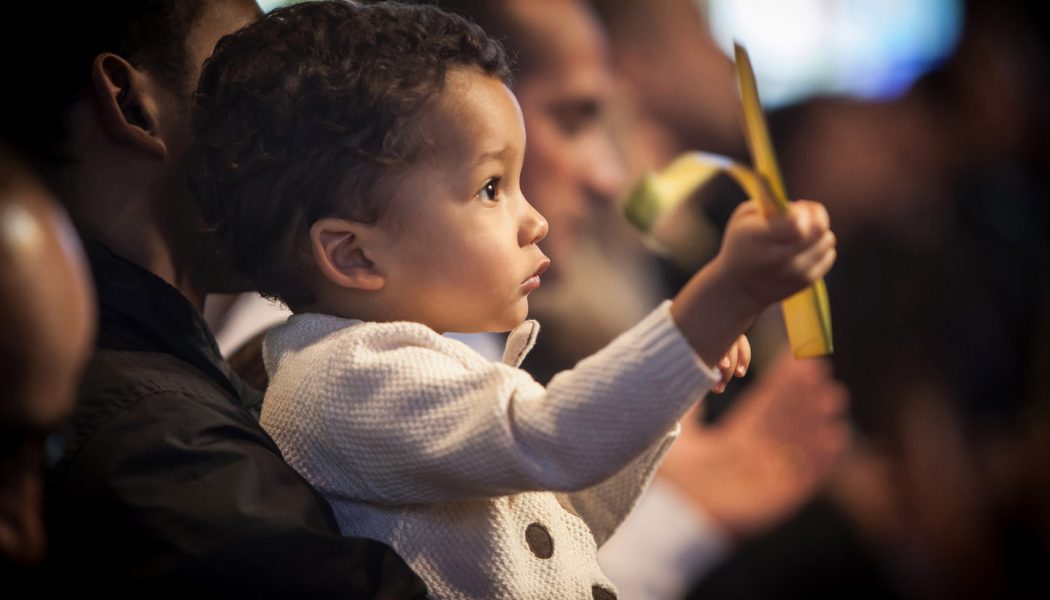
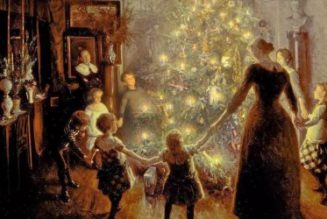

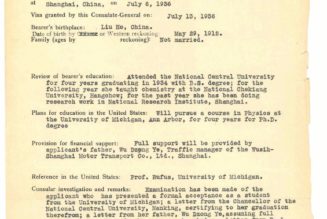


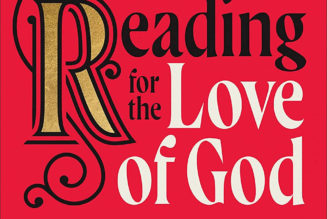
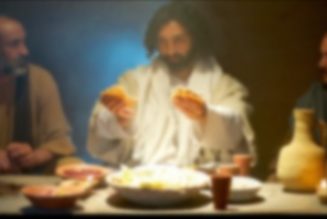
![Please don’t give up on in-person teaching, Notre Dame [paywall]…](https://salvationprosperity.net/wp-content/uploads/2020/08/please-dont-give-up-on-in-person-teaching-notre-dame-paywall-327x219.jpg)